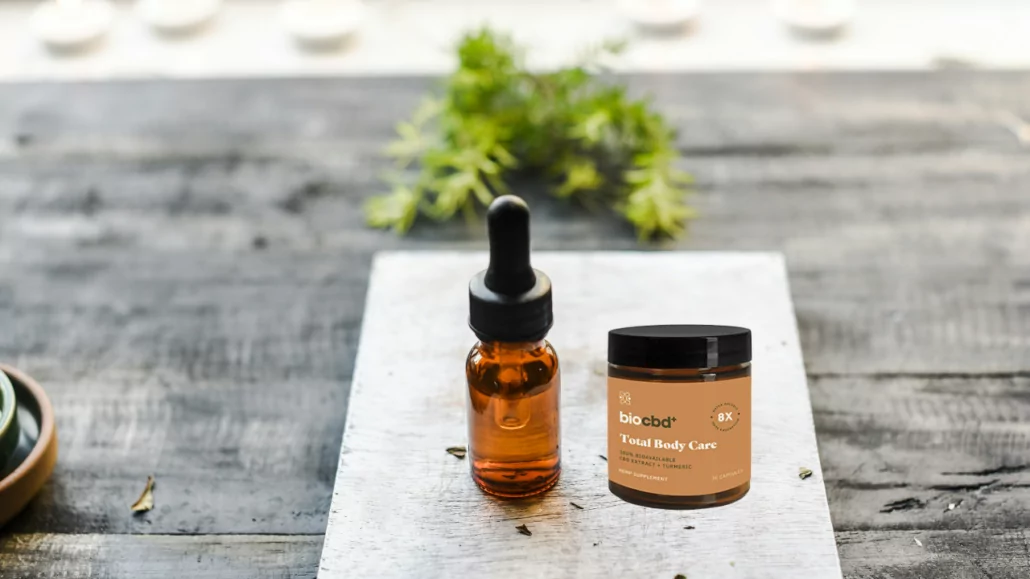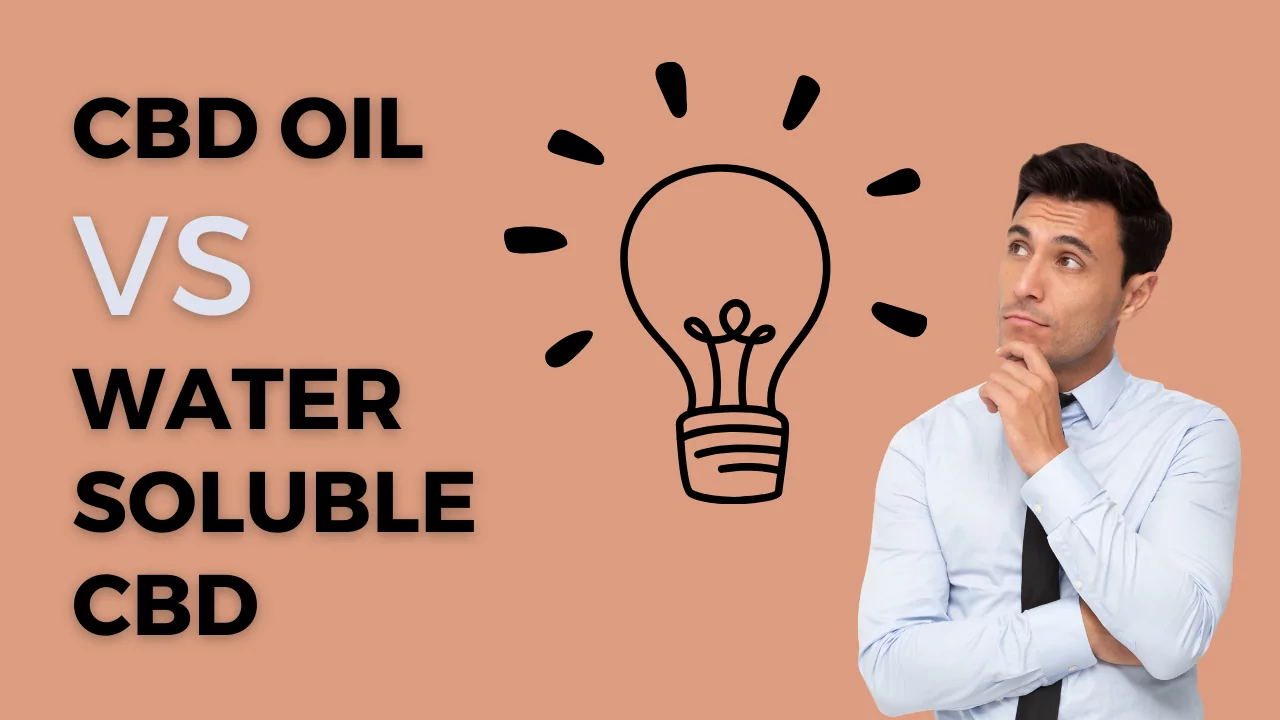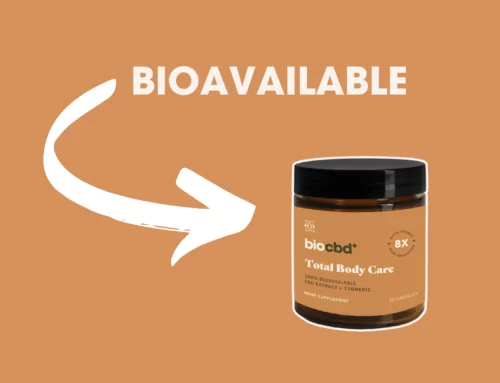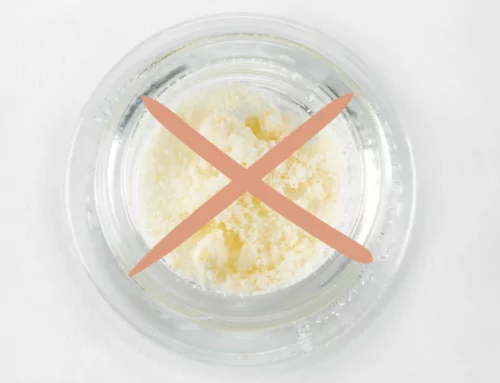The world of CBD is evolving rapidly, with new forms and formulations appearing regularly. Among these, traditional oil-based CBD and water-soluble CBD are two primary categories that have garnered significant attention. This article aims to compare these two forms of CBD, shedding light on their differences in terms of bioavailability, usage, and efficacy.
What is Traditional Oil-Based CBD?
Oil-based CBD is the most common form of cannabidiol. It typically comes in oil tinctures, which are made by infusing CBD extract into a carrier oil like coconut or hemp seed oil. This form of CBD is known for its purity and simplicity but has some limitations in terms of bioavailability.
What is Water-Soluble CBD?
Water-soluble CBD is a newer form of CBD that is processed to be more compatible with water. Through technologies like nanoemulsions, CBD molecules are broken down into smaller, water-friendly particles. This form is gaining popularity due to its higher absorption rate when consumed.

Key Differences
Bioavailability and Absorption:
-
- Oil-Based CBD: The body absorbs oil-based CBD less efficiently because it doesn’t mix well with our predominantly water-based bloodstream. This leads to a significant amount of CBD being unutilized.
- Water-Soluble CBD: Offers higher bioavailability. The smaller, water-friendly particles are more easily absorbed by the body, leading to a more efficient and effective experience.
Ease of Use and Versatility:
-
- Oil-Based CBD: Typically consumed sublingually (under the tongue) or added to foods and drinks, though it doesn’t mix well with the latter.
- Water-Soluble CBD: Can be easily mixed with any beverage or food without issues of separation or taste alteration, offering greater versatility.
Onset of Effects:
-
- Oil-Based CBD: The onset of effects can be slower as the body takes time to break down and absorb the oil.
- Water-Soluble CBD: Tends to have a quicker onset of effects due to its higher absorption rate.
Taste and Texture:
-
- Oil-Based CBD: Often has a distinct taste and oily texture, which might not be appealing to all users.
- Water-Soluble CBD: Typically has little to no taste, making it more palatable when mixed with foods or drinks.
Product Variety:
-
- Oil-Based CBD: Widely available in various forms like tinctures, capsules, and topicals.
- Water-Soluble CBD: Increasingly available in a range of products, especially beverages and edibles.
Price Point:
-
- Oil-Based CBD: Generally less expensive than water-soluble forms.
- Water-Soluble CBD: Can be more costly due to the advanced technology required for its production.
Curious about more benefits of Water-Soluble CBD? Give this a read!
Conclusion
Both traditional oil-based CBD and water-soluble CBD have their unique advantages and drawbacks. The choice between them depends on individual preferences, desired effects, and specific use cases. While oil-based CBD offers purity and a more straightforward approach, water-soluble CBD stands out for its enhanced bioavailability, versatility, and ease of use. As the CBD market continues to grow, understanding these differences is crucial for consumers to make informed choices about their CBD consumption.








